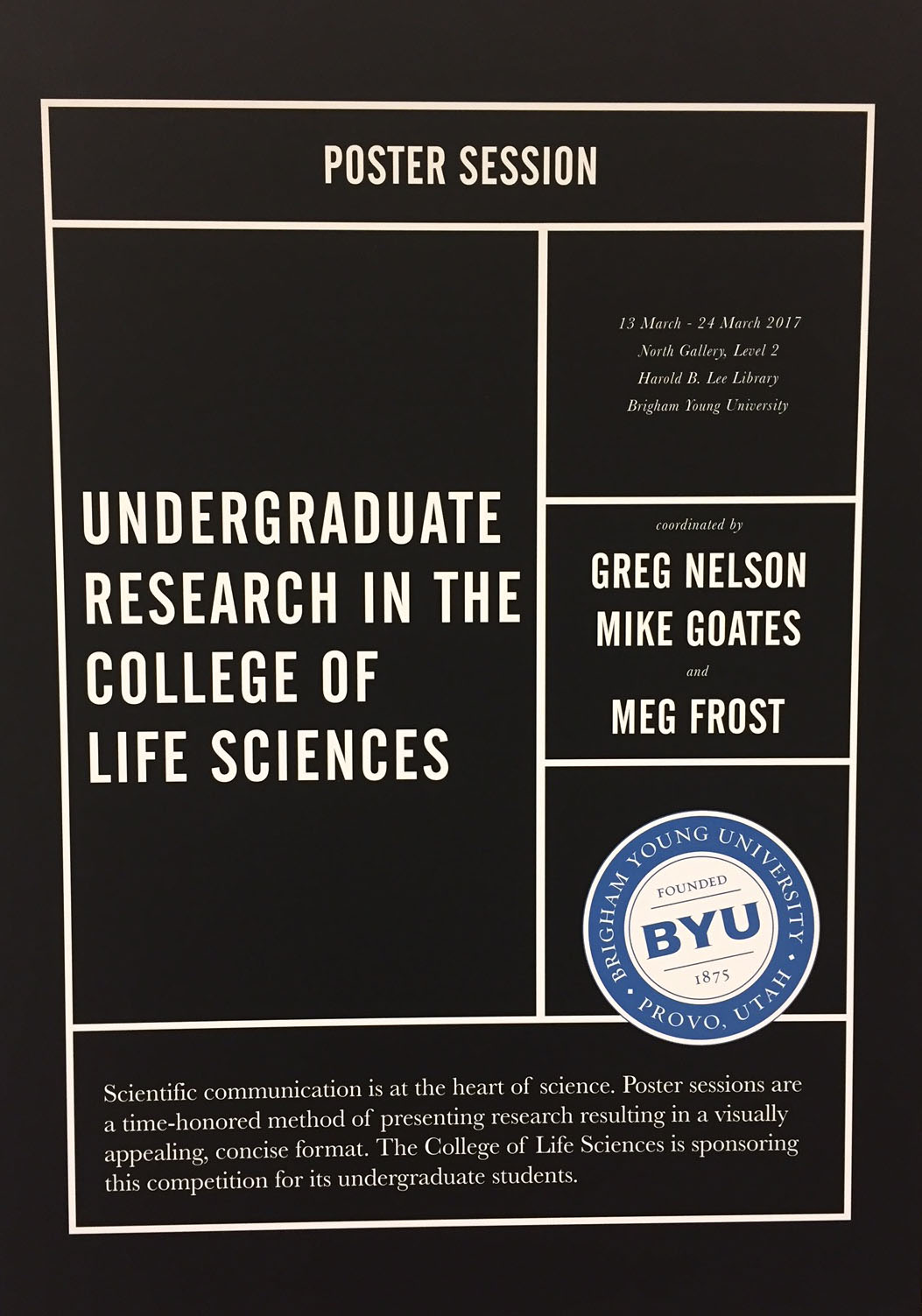Files
Download Full Text (979 KB)
Keywords
limb loss, crab, human impact
Abstract
Limb damage in crabs comes in various forms, each with unique consequences. Brachyuran crabs shed limbs as a defensive reflex, with natural breakage occurring along a plane, otherwise known as autotomy. In addition to autotomy, crabs commonly lose limbs due to fishing practices such as declawing. In many areas, taking the limbs and releasing the crab is a common practice. The logic is that the populations won’t decline if the crab is put back. Other practices such as nicking, or cutting the main claw tendon, are used to restrict claw movement. Various effects of these fishery practices have been documented and quantified in a variety of species. The focus of this research is to present a review of the effects of limb loss and damage in Brachyuran crabs. This review can be used by researchers and wildlife managers for reference regarding limb loss, particularly manual claw removal, of various crab species.
BYU ScholarsArchive Citation
Spencer, Jacob B. and Griffen, Blaine D., "Reviewing the Effects of Human-Induced Limb Damage in Crabs" (2022). Library/Life Sciences Undergraduate Poster Competition 2022. 51.
https://scholarsarchive.byu.edu/library_studentposters_2022/51
Document Type
Poster
Publication Date
2022-3
Language
English
College
Life Sciences
Department
Biology
Copyright Use Information
https://lib.byu.edu/about/copyright/


